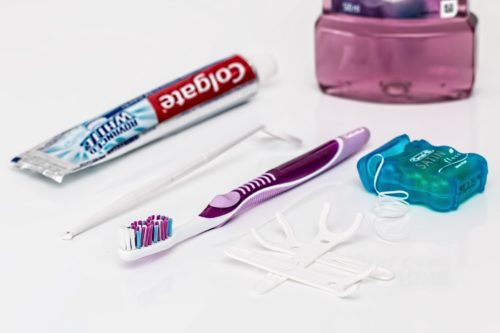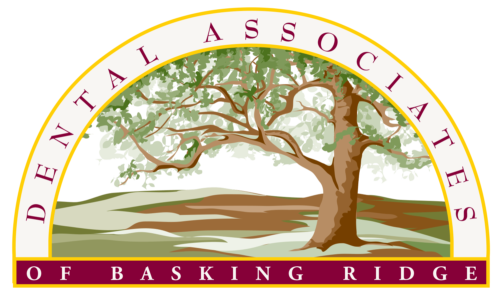
While most people do brush their teeth on a regular basis, there are other necessary steps you must take in order to optimize your oral hygiene. Here are some of the most common questions people have regarding mouthwash and dental floss:
How may using mouthwash improve my oral hygiene?
- Mouthwash generally contains fluoride, which is known to fight cavities and periodontal diseases. Other mouthwashes contain chlorhexidine gluconate, which will prevent bacterial growth in the mouth. These antiseptic mouthwashes are also good for infections.
- Mouthwash removes leftover food particles in your mouth after you eat a meal. Once you use the mouthwash and loosen up any food particles, your brushing then becomes even more effective.
- Mouthwash prevents plaque buildup.
- Mouthwash temporarily freshens your breath.
Are there any drawbacks to using mouthwash?
Unfortunately, there are some potential drawbacks to using mouthwash. Here they are:
- Mouthwash really only masks bad breath. While mouthwash is usually a solid complement to brushing, it cannot totally replace it. Furthermore, while it can prevent plaque buildup, it can not eliminate existing plaque, which is why you must always brush your teeth.
- Mouthwashes with high alcohol content may damage or burn the delicate mucous membranes in your mouth. The burning sensation also may be too strong for some people with sensitive teeth and gums. Additionally, while mouthwash is known to help canker sores, if you have a high-alcohol content mouthwash, it may end up irritating your canker sores even further.
- Children under the age of 5 should not use mouthwash unless prescribed by a dentist. If ingested by children between the ages of 6-12, the harmful effects may be severe. Mouthwash is known to give children convulsions if accidentally ingested.
- Mouthwash containing chlorhexidine gluconate may unfortunately even stain your teeth if you have any food additives leftover in your mouth at the time of use.
How may flossing daily benefit me?
Flossing is one of the most essential aspects of oral hygiene. Here are just some examples of how flossing may benefit you:
- Flossing reduces bad breath, as it helps eliminate tartar from your gums and in between your teeth.
- Flossing helps prevent gingivitis, which is a painful inflammation of the gums. Flossing regularly will usually prevent gingivitis.
- Flossing may help reduce the oral bacteria in your mouth that causes bronchitis or pneumonia.
- Especially in men, daily flossing is now known to decrease the risk of heart disease.
Dental Associates of Basking Ridge is a compassionate, gentle, and professional state-of-the-art dental practice serving Basking Ridge, Morris & Somerset County. Our office is always ready to greet our patients with a smile, take the time to answer any questions, and provide the quality dental services our patients expect. Please contact us to schedule an appointment. We look forward to serving you!






